Description
Blue Crown Conure for Sale
Blue Crown Conure for Sale,the Blue crowned Conure is one of the most magnificent of the Aratinga conures. Not only is it beautiful, but is easily identified with it’s attractive blue “crown”.
Though initially somewhat shy, the Blue-crowned conure is very intelligent and will become a very tame, loveable companion. They enjoy playing and can become very lively and active. Though they are generally a quieter bird than most of their Aratinga cousins, they can become rather loud and this should be taken into consideration when obtaining one as pet.
With its intelligent eyes and iridescent feathers, the blue-crowned conure is not only a favorite among bird fanciers, but it also gained notoriety in the 1998 movie “Paulie,” which featured a blue-crowned conure with a large vocabulary and high intelligence to match.
Diet and Nutrition of a Blue Crown Conure
The blue-crowned conures typically feast on a varied diet of fresh fruits, vegetables, nuts, berries, and grains. Conures in captivity need an equally varied diet consisting of fresh fruits, vegetable greens, and high-quality pellets. Pellets should be about 75 percent of their diet. Offer about a 1/4 cup of pellets a day and watch how much your parrot consumes. Offer more if necessary. Most conures eat about 20 percent of their body weight. Pet conures fed a high-fat diet of only seeds and nuts often have health issues.
Offer fresh foods once or twice a day. Give them as much as they will eat. Remove the uneaten foods after the feeding period. Early morning is usually the most active meal time; these diurnal birds are generally hungry after a long night’s rest. You can also try feeding again right before dusk. Birds in the wild naturally forage for a final meal before they tuck in for the night.
Caring for the Blue Crowned Conure
This is not a bird you should plan to leave confined to a cage all of the time. The blue crowned conure is a highly social bird that spends its time in a flock when in the wild. In captivity, you will need to serve the function of its flock mate.
If you are not around much during the day, a blue crowned conure may be happier when it has another bird as a companion. It may also be happier if you leave a television or radio playing when the bird alone in the house.
Conures are unique parrots in that they like to snuggle under things, such as a tightly woven washcloth, a soft piece of fabric, or a small blanket. It might even want a bird tent as a place to sleep.
In captivity, they need a bath at least weekly, and more often if possible. Frequent bathing will keep the feathers and skin healthy. Wet your bird under a spray mist of lukewarm water; it counts as interaction time with your pet.
Speech and Sound
Like its other conure cousins, the blue crowned conure can be loud and vocally persistent, and is best for someone who doesn’t mind the raucous call. The person who decides to live with a blue-crowned conure should consider the proximity of their neighbors. Although conures tend to not talk as much as other parrot species, the blue-crowned conure has a reputation for being one of the more talkative conure species.
Exercise
Blue-crowned conures are naturally energetic. They would rather be out of the cage, socializing and conversing with you throughout the day. Allow your bird at least 3 to 4 hours of supervised time out of the cage per day. Allow the bird to extend its wings on a freestanding play structure outside the cage. During this time, provide it with the necessary social interaction that it desires from you.
Grooming
Bathe blue-crowned conures once a week to maintain their skin and feathers healthy. Many of them will bathe if provided a large enough container of water. If not, you may need to shower them yourself with warm water. They should have their nails, feathers, and beaks trimmed as needed to maintain them.
Temperament and behavior of Blue crown conure
Blue-crowned conures are polite and affectionate creatures who enjoy spending as much time as possible with their owners. They are, however, prone to loud screaming, which can bother your neighbors as well as yourself. They rarely get hostile and are not prone to biting; if they do become angry, taking cues from body language and preemptive pacification is not difficult.
The blue-crowned conure has the best talking skills among conures, yet its effectiveness is only moderate when compared to other parrot species. Because of their playful temperament, they can be easily trained to perform tricks, however some positive reinforcement is required.
Blue-crowned Conure Colors and Markings
Males and females are identical in color and pattern. When born, the blue-crowned conure has a reddish head. It changes to bright blue by the time it reaches maturity. In addition to its signature parakeet green body and blue head, blue-crowned conures have reddish tips on their tail feathers, pink legs and feet, horn-colored beaks, and white rings around their eyes.
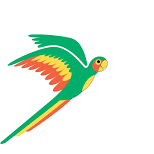
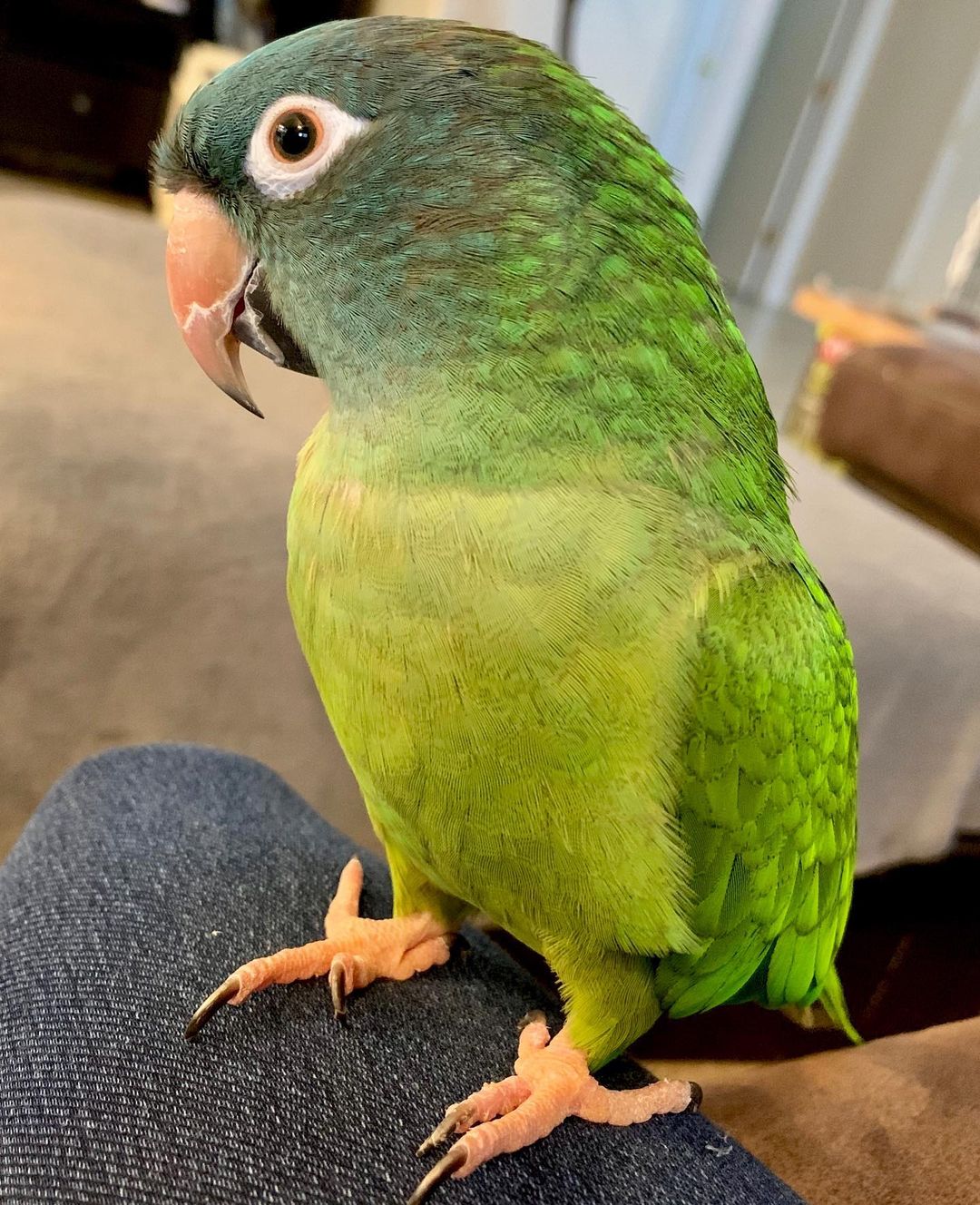
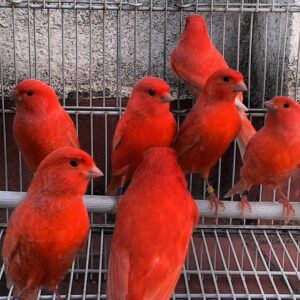
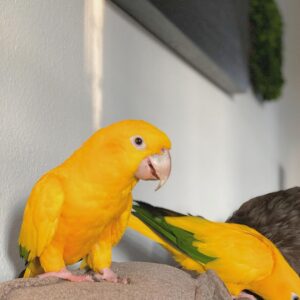
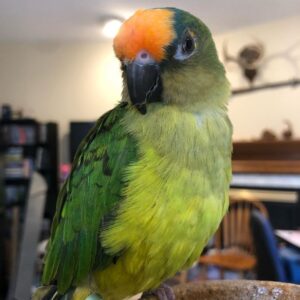
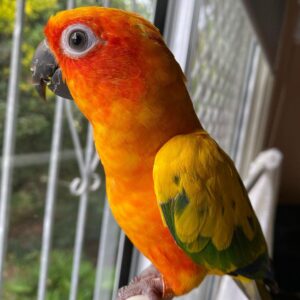
Reviews
There are no reviews yet.